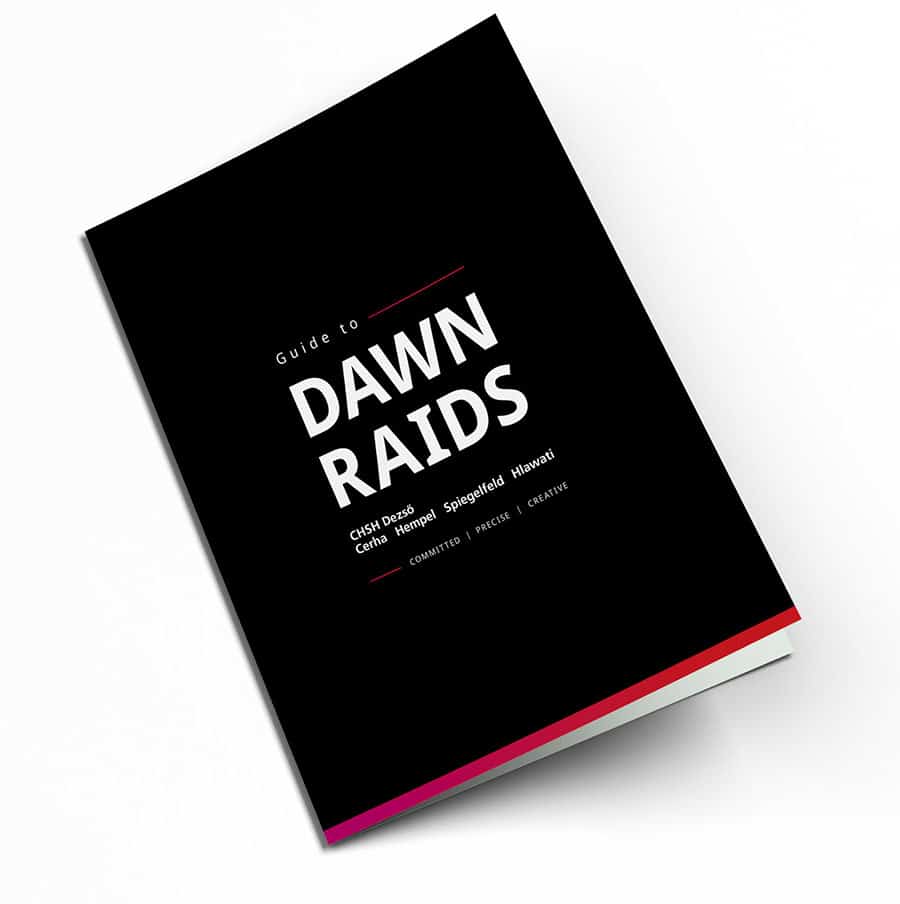Even the Hungarian Competition Authority (HCA) pays attention to influencers
By now everybody knows that there are “influencers” in social media. In the HCA’s definition, these are people who have the ability to influence the opinion of consumers and share content on their own website, social media platform or on other online platform as ad hoc partners or dedicated “brand ambassadors”, regardless of whether the content is their own or a guest post. These influencers (youtubers, bloggers and vloggers) usually have committed followers on their online platforms (Facebook, Twitter, Instagram, YouTube, Snapchat etc.). We follow them, we take their advice, and we buy from the same brand as them. But do they really buy the products or do they just advertise them, maybe even as a regular business? We don’t know whether they get something in return, because their message to their followers is that they are the consumers of the product as well. This practice can qualify as unfair market practice under Hungarian law, because consumers might not be able tell whether the influencer shares his/her own opinion or experiences, or he/she uploads a picture or other content out of financial interest. Since there is a growing trend for companies to rely on agents for popularizing their services, products and brand name, it is important that such practices are incompliance with the laws, because influencers have now caught the HCA’s attention.[1]
Who are concerned?
Anyone, even a minor, who occasionally or regularly promotes products on his/her site, including social media sites.
What sort of content is affected by the problem?
The list is rather long; even a hashtag can constitute an unfair commercial practice, but it can also be an emoji, opinion, comment, link etc.
What can rate as consideration?
It can be any kind of incentive that the influencer receives in return for sharing the content. It can be a financial benefit, allowance, gift product, but even barter arrangement, where the influencer receives a free product sample for the promotion.
Commercial practice – what is it?
Hungarian law defines commercial practice as a conduct, activity, omission, advertisement, marketing activity or any other commercial communication by a company or by a person acting on its behalf or in its interest that is intended to affect the sale of a product to consumers.
In the light of this, it is obvious that a typical influencer’s activity qualifies as a commercial practice, are therefore it has to be treated as one. This means that private individuals, including those under the age of 18, who share content online in return for any kind of consideration have to comply with the applicable consumer protection regulations.
What is the solution?
It is important for the consumer to know that the shared content is an advertisement. So, when content is shared, the fact that it is done for consideration has to be marked in a noticeable, highly visible, clear, understandable and simple way.
First of all, the indication of the advertisement has to be in a right place; for example it cannot be displayed in a section that is accessible after clicking on a “further information”, “read on”, “more” or similar link, because in that case consumers have to search for the indication. However certain hashtags, such as #advertisement, #paidcontent etc. can satisfy the requirements. On Facebook, it is useful to use the “branded content tag”, which displays the sponsor and the sponsored nature of the product automatically. Another requirement is that the sponsor’s brand has to be displayed as well, for example with the wording “sponsored by XY”. However, a simple acknowledgment and the indication of the brand are not enough, since they obviously do not indicate that it is a for-profit promotion.
If the promotion is not clearly identified as such, not only the owner of the site (i.e. the private individual who shares the commercial content) can be held liable, but the advertiser and even the company who contributes to the publication and formulation of the post as well.
It can be useful if advertisers set up contractual terms and conditions, systems and programs that can guarantee that the influencers who they formally hire or with whom they otherwise have a relationship are aware of the relevant regulations. It is also advisable for advertisers to create a system that allows them monitor whether the content shared is in compliance with the regulations and also enables them to intervene if necessary. To this end, both advertisers and influencers are advised to seek competent legal assistance.
Lili Albert

[1] http://www.gvh.hu/en/press_room/press_releases/press_releases_2017/the_gvh_s_first_case_concerning_an_influencer_is_c.html


